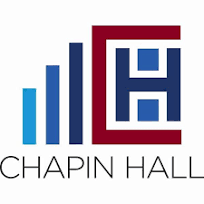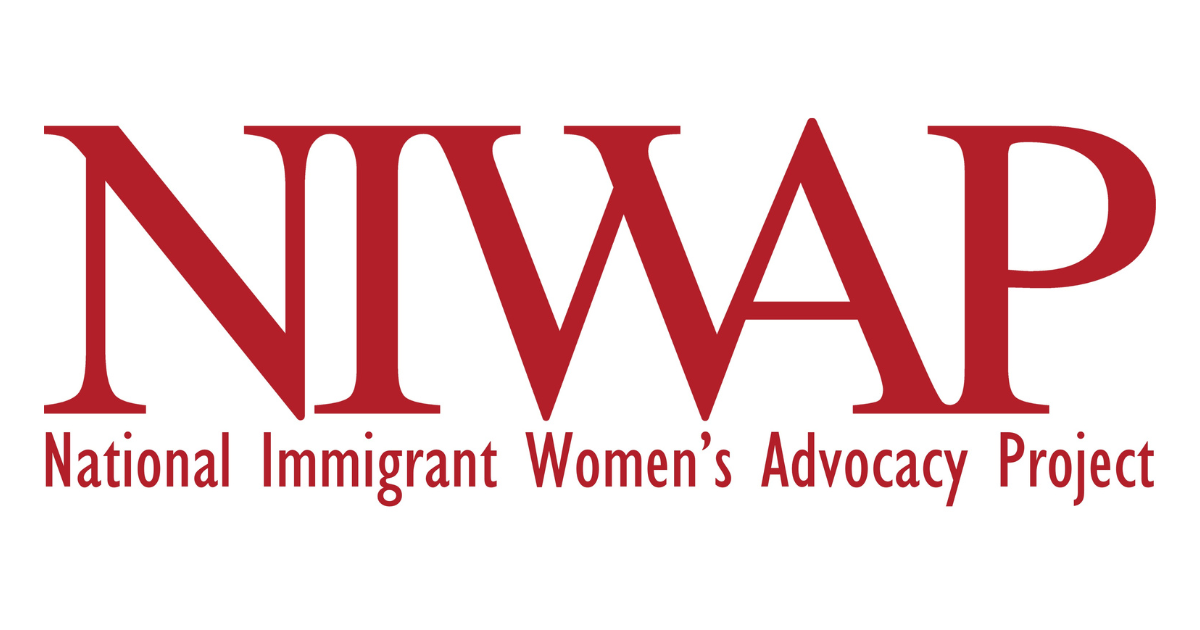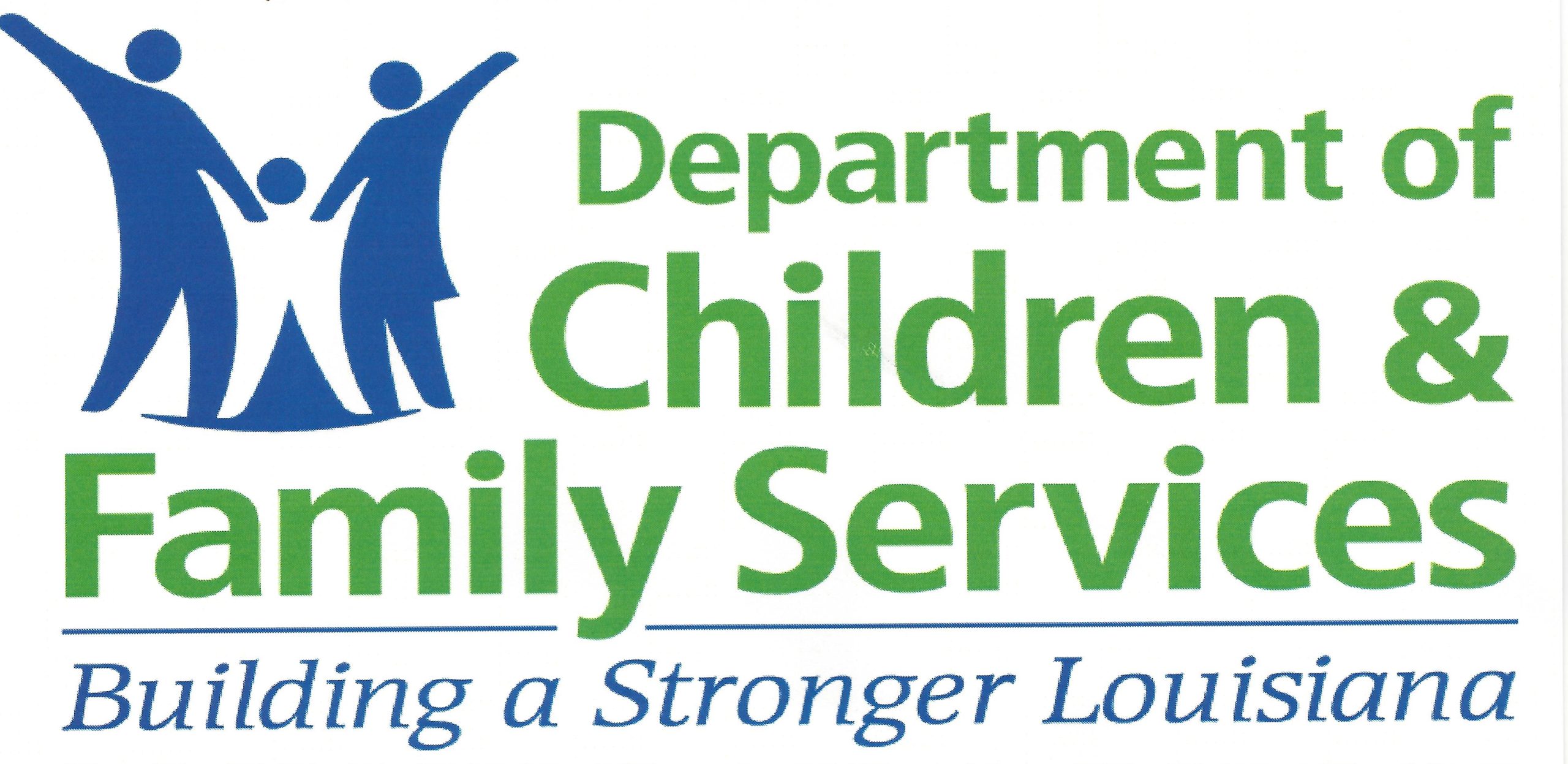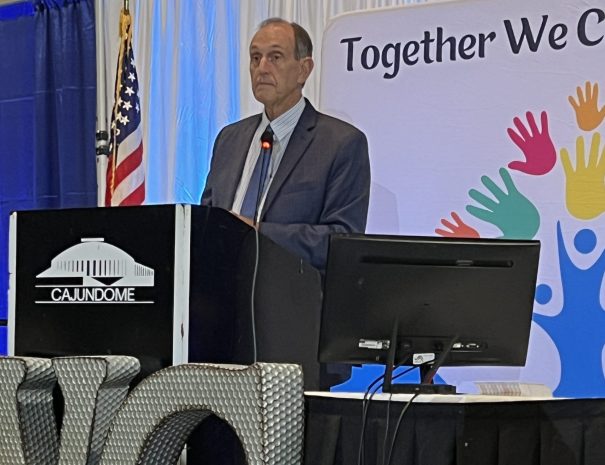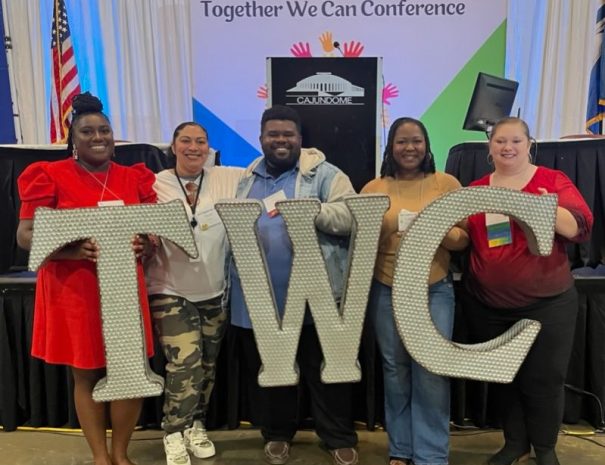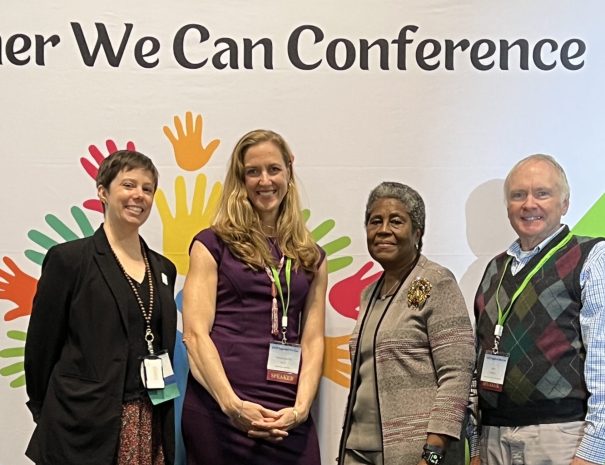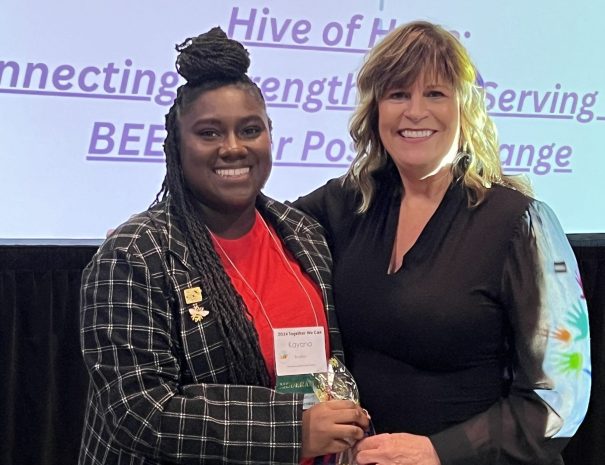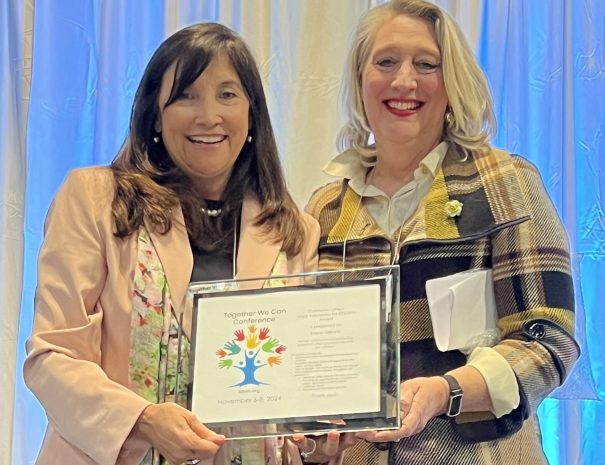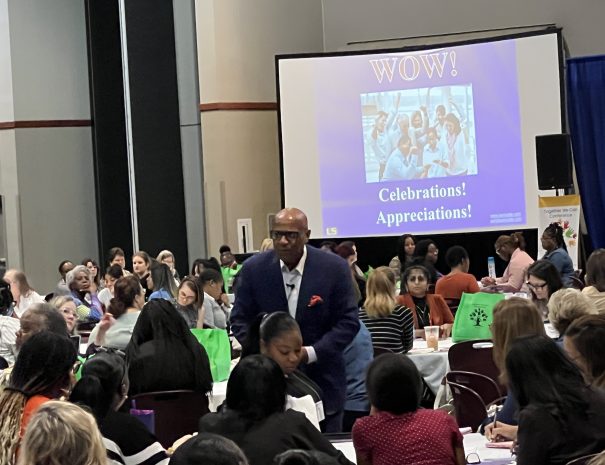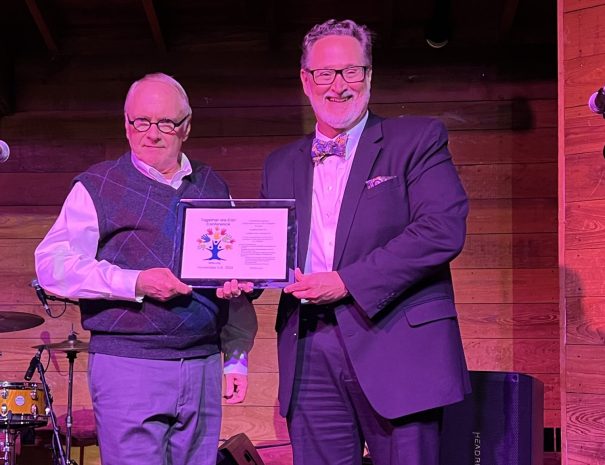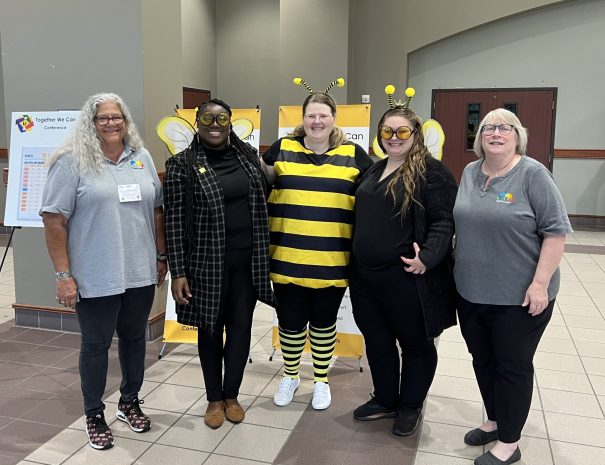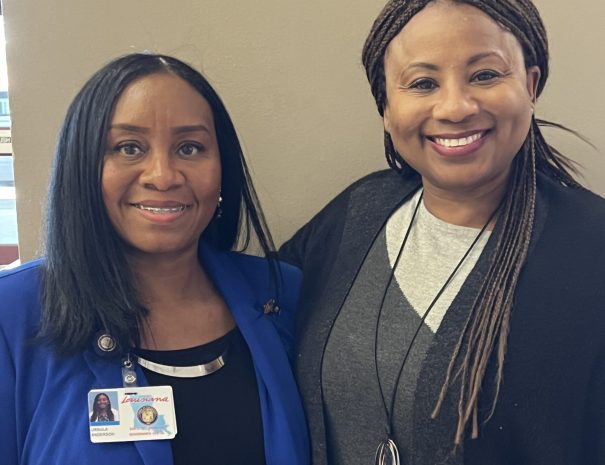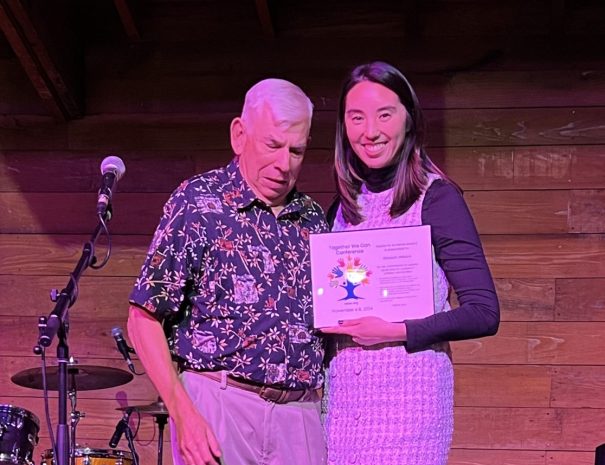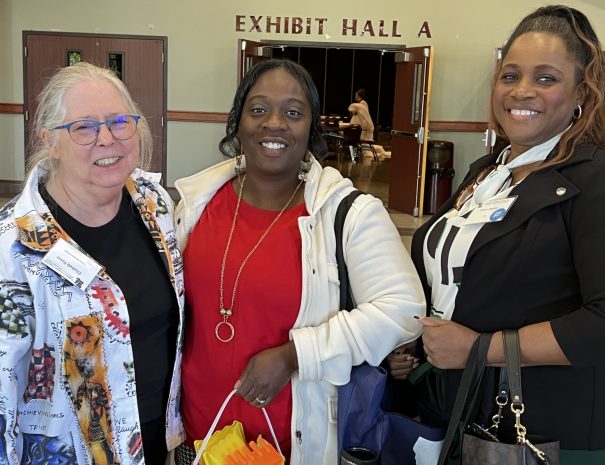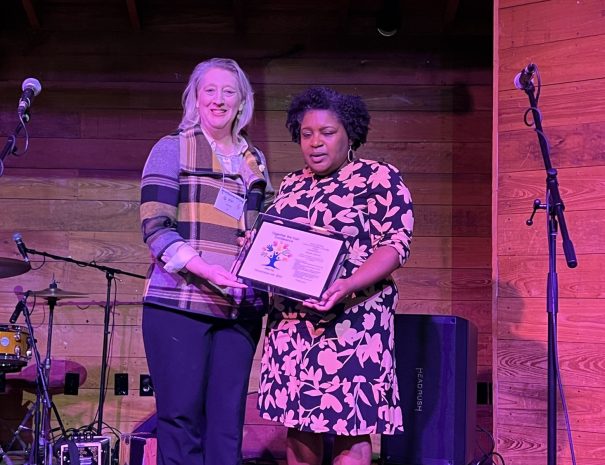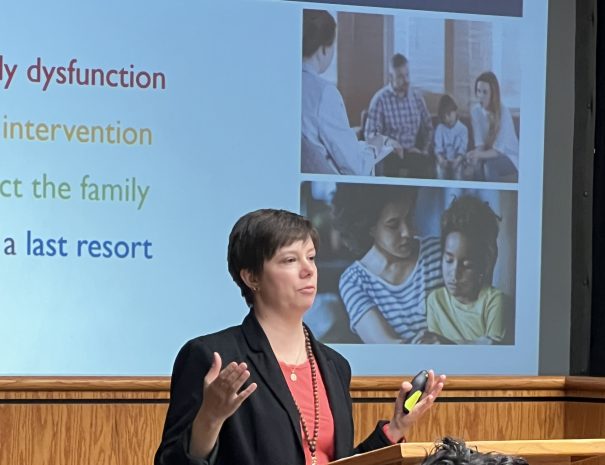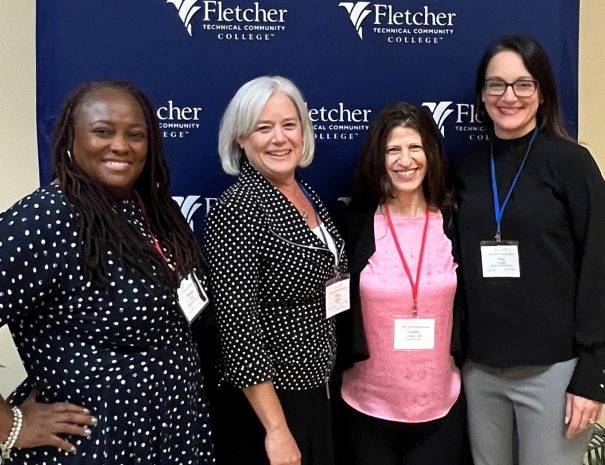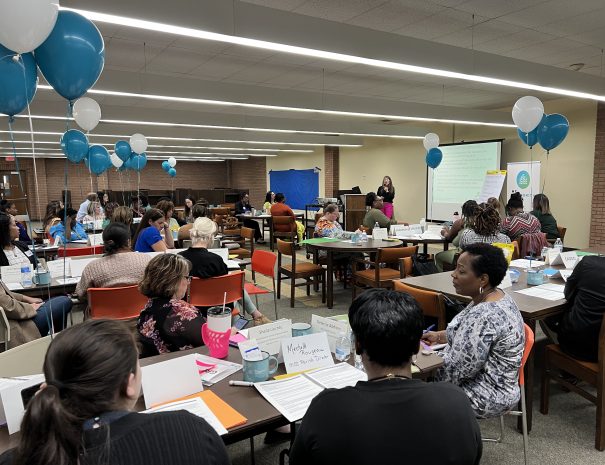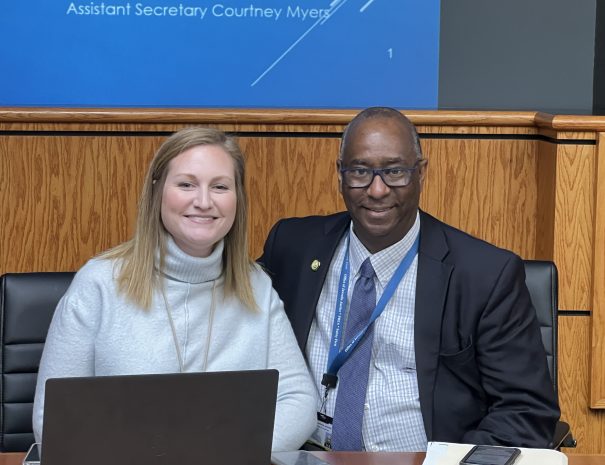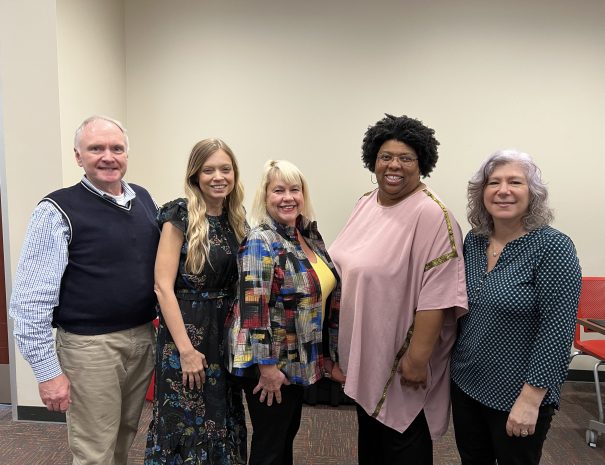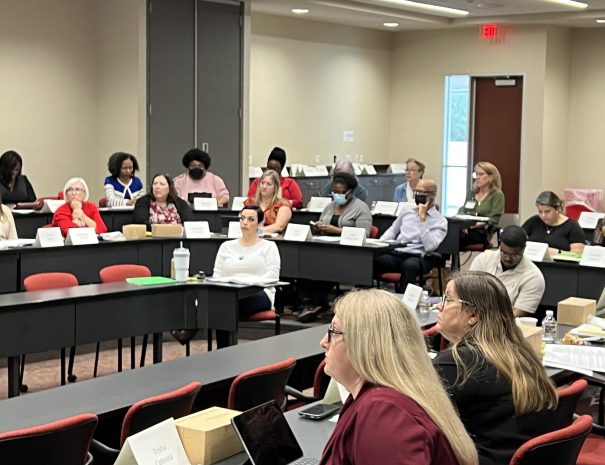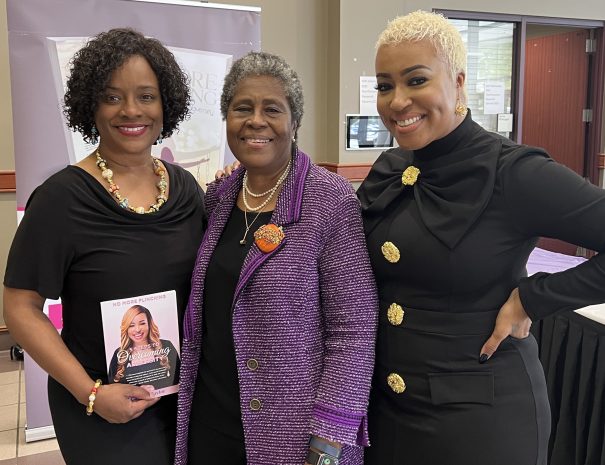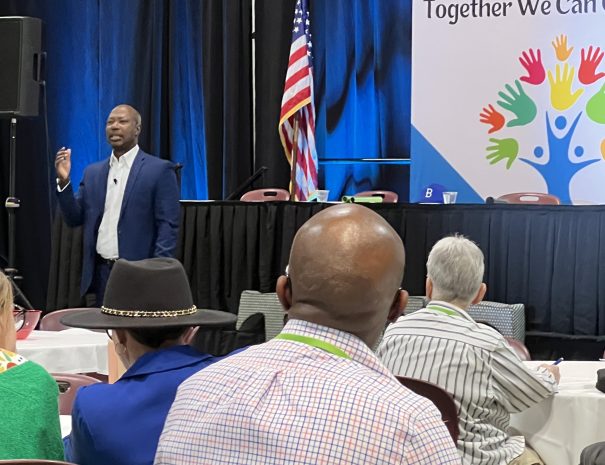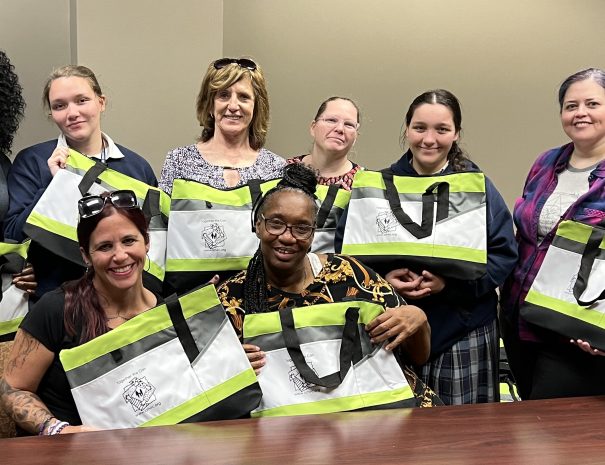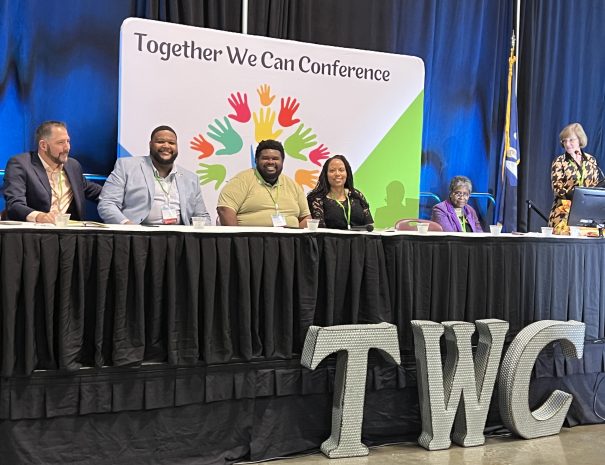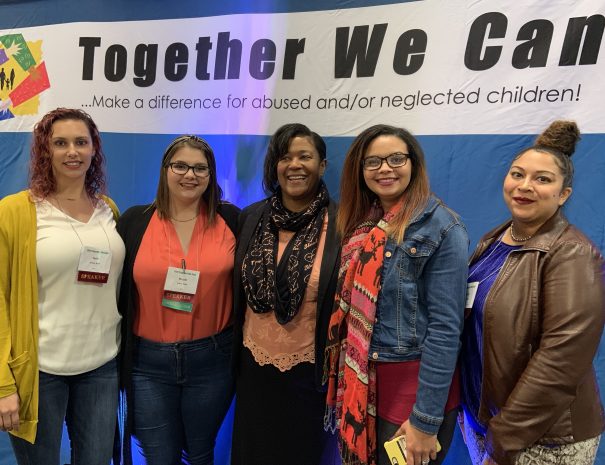Important Information
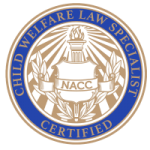 Child Welfare Law Specialist Certification - Child Welfare Law Specialist (CWLS) certification is a professional achievement that signifies an attorney’s specialized knowledge, skill, and verified expertise in the field of child welfare law. The specialization area is defined as “the practice of law representing children, parents … Read More
Child Welfare Law Specialist Certification - Child Welfare Law Specialist (CWLS) certification is a professional achievement that signifies an attorney’s specialized knowledge, skill, and verified expertise in the field of child welfare law. The specialization area is defined as “the practice of law representing children, parents … Read More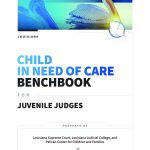 Louisiana CINC Benchbook - The Court Improvement Program of the Louisiana Supreme Court, Louisiana Judicial College, and Pelican Center for Children and Families is delighted to announce the publication of the Louisiana Child in Need of Care Benchbook for Juvenile Judges. The Benchbook project is a … Read More
Louisiana CINC Benchbook - The Court Improvement Program of the Louisiana Supreme Court, Louisiana Judicial College, and Pelican Center for Children and Families is delighted to announce the publication of the Louisiana Child in Need of Care Benchbook for Juvenile Judges. The Benchbook project is a … Read More
Upcoming Events
- Tags ABA Abuse Academy accommodations ACEs Act 378 Activist ADA ADD ADHD adolescent development Adolescents Adoption adoptive parents adult educators Adults with Disabilities Adverse Adverse Childhood Experiences Advocacy Advocate advocay Affirming Placements African American Youth African Americans Agenda for Children Algorithms allied fields Alternative Residential Placements AMCHP american bar association American Indian Americans with Disabilities Act and early childhood and mental illness Annie E Casey Foundation Anti-discrimination Anti-Social Behaviors Antiracism Anxiety Anxiety Disorders APHA APSAC ARP Art Art Therapy ASD Assessment Assessment Tools assistant district attorney At-Risk At-risk Youth Attachment Theory Attorney Attorneys Autism Awareness Back to School Barriers Baton Rouge Behavior Health Behavioral Health Bench Cards Benchbook Best Practices Beth Tyson Trauma BGC Attorneys Bias Birth Parents Black Children Black Families Black Girls Black Male Black Males Black Maternal Health Week Boundary brain development Buddy Books Bullying Bureau of Family Health CAC Calming CAN CAPTA Care for Children caregiver Caregivers CASA Case Coordination case plan CCIP Center for Indigenous Health at Johns Hopkins University CEU Challenging Behavior chidlren Child Child Abuse child abuse and neglect child abuse prevention Child and Families Child Behavior Child Development Child Education Child Exploitation Child in Need of Care Child in Need of Care (CINC) Child Maltreatment child neglect Child Physical Abuse Child protective services Child Safety Child Sex Abuse Child Sex Trafficking Child Sexual Abuse Child Sexual Abuse Prevention child socialization Child Trend Child Trends Child Victims Child Welfare Child Welfare Assessment and Decision Making Model Child Welfare Court Child Welfare Information Gateway Child Welfare Law Child Welfare Law Specialist Child Welfare Policy Child Welfare System Child Welfare Virtual Expo 2024 child welfare workers Child Well-Being Child Wellbeing Childhood Adversity childhood Development Children children development children of color children with disabilities Children's Advocacy Children's Advocacy Center Children's Attorney Children's Attorneys Children's Cabinet Children's Code Children's Justice Act Children's Law Children's Rights children's trust fund Children’s Bureau Children’s Justice Task Force childs rights CHIP CINC CINC Trial Skills CIP CIP Cafe city leaders Civil Services Classroom classrooms CLE clinicians CMWS CNLI Co-Parenting Coalition for Juvenile Justice Coffee and Conversation Collaboration Communication communication Disorders Communication Skills Communities Community Community Outreach Compassion Complex Challenges complex trauma Conference Confidentiality Conflict Resolution Congregate Care Connecting Principles Continuum of Care Coordinating Council on Juvenile and Delinquency Prevention Copping Skills Court Court Appointed Special Advocates Court Improvement Program Court Staff Courthouse Security Courts Covid 19 Crisis Plan Critical Thinking Crossover Youth CSAM Cultural Competencies cultural consciousness Culture CWADM CWLA CWLS CWVE Cybercrime dads Data DCFS deaf Dear Black Male Decency Delinquency delivery Department of Education Department of Justice Depression development and behaviors Developmental Disabilities Difficult People Digital Dialogue Disabilities Disability Rights Louisiana Disabled Parents Disaster Preparedness Disorders Disparate Outcomes Disproportionality Disproportionality and Poverty Dispute Resolution district attorney District Attorneys Diversity Domestic Abuse Drug abuse Drug Courts Drug use Drugs Dyslexia Early Childhood Early Chilldhood Early Education Early Intervention EarlySteps Eating Disorders Eating Healthy ECE Economic Supports Education Education Program Educators Employment empowered fathers Empowering Engagement engaging dads Equality Equity ESY Ethics Ethnicity Every Student Succeeds Acts Evidence Evidence Corroboration Exploitation Extended Foster Care Extended School Year Services Faith-based faith-based leaders Families Families helping families Family Family & Youth family center Family Consiltants Family Court Family Dynamics Family Focus Family Health family law Family Preservation Family support Family Treatment Court Family Unification Month family violence Family Visitation family well being FASD Fatherhood Fathers FEMA Fetal Alchohol Spectrum Disorder Fetal Alcohol Spectrum Disorders FFTA FHF Financial Stability FINS FNF Forensic Interviewing Foster Care Foster Care Community foster child Foster Children Foster Parent Foster Parent Classroom Foster Parents Foster Youth FPT FPTM FTC FTM Fundraisers Gangs Gay Parents Gender Expansive Youth general education classroom generatins Generation United Generations United Georgetown University Law Center Girls Girls of Color' Grandfamilies Grandparent grandparents Grandparents Raising Grandchildren Grantees grants Grief Guardianship Gun Violence HCBS he Community Outreach Specialist Health health care Healthy Behaviors High Risk High Risk Youth High School Historical Racism Historical Trauma Holidays Homelessness Housing Stability Human Resources Human Trafficking IAP ICAC Task Force icpc ICWA IDEA identity factor IEP IEP meeting Immigration Implicit Bias Incarcerated Parents Incarcerated Youth Incarceration Incarerated Parents including perinatal depression Inclusion Inclusive Indian Child Welfare Act Indigenous People Indigent Defenders Individual Transition Plan (ITP) Individualized Education Plan Individuals with Disabilities Education Act Inequality infancy infants Infants and Toddlers Innocent Justice Foundation Intellectual Disability Intentional Integration Intergenerational Internet Crime Internet Crimes Internet Crimes Against Children Internet Safety Intervention Interviewing Investigation Jail Jobs Judge Judges Judicial Justice and Joy national Collaborative Juvenile Court Juvenile Justice Juvenile Justice and Delinquency Prevention Act Juvenile Law Juvenile Sex Trafficking Kinship Kinship Care Kinship Caregiver Kinship Navigator LA Policy Institute for Children LaCAN LADBP Language Disorders Latoya Butler Law law enforcement lawyer LCTF LCTF Caucus for Children LCTF Caucus for Children - Statewide Meetings LCWTA leaders leadership Learning Learning in Higher Education Legal Legal Advocacy Legislative Update LGBTQ LGBTQ2S+ LGBTQIA+ Loneliness Loss of Parent or Caregiver Louisiana Louisiana Bar Foundation Louisiana Children's Code Louisiana Children's Trust Fund Louisiana Department of Education Louisiana Department of Health Low Income LRS LSU LWCTA Maltreatment Mandated Reporter Responsibilities Marginalized Youth Maternal Employment MCC MDT Medicaid medical Medication medice medicine Meetings Mental Health Mental Health Alliance mental health screening Mental Heath Mental Wellness Mentee Mentor Mentoring Mentoring Programs Mentors MicroAggressions Mindspring Minorities Missing Children Mitchell Hamline School of Law Moodle Mothers Motions Multi-Disciplinary Team Multidisciplinary Teams Music My Community Cares My Life My Chioce NAA NACC National National Center on Substance Abuse and Child Welfare National Child Welfare Workforce Institute National Criminal Justice Training Center; Fox Valley Technical College; Office of Juvenile Justice and Delinquency Prevention (OJJDP) National Family Treatment Court Program National Federation of Families National Gang Center National IV-E Roundtable National Tribal Native American NCCAN NCFA NCJFCJ NCJTC NCSACW NCSMH NDAA Neglect Network Networking Neurodiversity NFF NICWA NOLA C.A.R.E.S. Non-Profit nonprofit and civic organizations Nonprofits NTACT NTTAC Nurses nursing nursing law nxiety Disorders OAYI OCD OCDD Office of Juvenile Justice and Delinquency Prevention Office of Juvenile Justice and Delinquency Prevention (OJJDP) OFR OJJDP Online Networking OPD opioid Oppositional Defiant Disorder Oppression Order of the Court ORPC Othermothers Outcomes OVC Overmedication Pandemic Parent Attorneys Parent Child Interaction Therapy Parent Child Interaction Therapy (PCIT) parental substance abuse Parentig Parenting Parenting Education parenting educators parenting practices Parents Peer Support People First Language People with Disabilities perinatal loss Perinatal Mental Health Permanence Permanency Permanency & Well-Being Permanency and Well-Being personal growth Personality Disorders philanthropy Physical abuse physical disability Planning Planning Tools PMH POC Policy pornography Law enforcement Positive Behavior Management Positive Relationships Positive youth development Post Covid Post Secondary Service Poverty Practice Practice Academy pregnancy Prenatal Substance Exposure Prescription Drugs Preventing Adversity Prevention Prison Privacy Professionals Promising Futures Prosecution Prosecutors Protective Factors Psychiatric Medication PTSD Public Defenders Public Health Punishment Putting People First QPI Quality Improvement Race Racial Racial Disparity Racism RAISE Raise the Age RAPT Rasicm Reasonable Efforts Recovery Regulating Complex Emotions Relationships Relias Research Resilience Resiliency Resources Rights Risk Risk Assessment RTA Runaway Rural Safety Safety and Well-Being Safety Kinship safety plan Samhsa's Gains San Diego International Conference School School Based Schools Secondary Traumatic Stress Section 504 self-advocacy Self-care Self-Esteem Series Sex Trafficking Sextortion Sexual Abuse sexual orientation sexual violence sibling aggression Social Justice Social Skills social work Social Worker Social Workers SOE Southwest LA Southwest Louisiana SPAN Speaker Series Special Education Special Needs Stakeholder Stigma Stop Bullying Straregies Strategies strategy Strengthening Families Stress Student students Students with Disabilities Substance Abuse Substance Abuse Disorder Substance Abuse Exposed Infants Substance Misuse Substance Use substance use disorder SUDs Suicide Suicide Pevention supervision Supplemental Poverty Measure Support Support Group surveillance Systemic Racism Task Force TBRI TBRI Connecting TBRI Correcting TBRI Empowering TBRI Intro and Overview Teacher Union Teachers Team Dynamics teamwork technique Technology Teen Dating Teenage Parents Teens Testing The 7 P’s Exercise The Arc The National Multidisciplinary Parent Representation Conference The Opioid Affected Youth Initiative the Rehabilitation Act therapy Tiered Waiver Title IV-E tools Trafficking trainer Trainig Training Transgender Transition Transitioning Transracial Children Trauma Trauma Center Trauma Focused Cognitive trauma history Trauma-Informed Trauma-informed Practice Trauma-Responsive traumatic experiences Traumatic Stress Traumatized Children Trial Skills Tribal Trust-Based Relational Intervention U.S. Department of Health and Human Services U.S. Department of Justice U.S. Office of Justice Unaccompanied Unemployment Unsafe UST Victims Victims of Technology-Facilitated Crimes Violence Violence Against Children Violence prevention Virtual volunteers Voting Rights Waivers Webinar Welcome2Reality Well Being Wellness Weninar Whole Health Louisiana Women Women United of Southeast Louisiana Worker Recognition Workforce Development workplace development Workshop YJAM Young Adult Young Child Young Girls Youth Youth Health Youth Justice Youth Mental Health youth programs Youth Protective Factors Youth PTSD

CWLA is pleased to present the three-part virtual training series that features the publication Working with Traumatized Children – A Handbook for Healing. Now in its third edition, Working with Traumatized Children has been updated to include new strategies and approaches for caregivers and others responsible for meeting the needs of children who are vulnerable.
Participants will gain a strengthened capacity to:
- Define what trauma is and differentiate it from stress
- Provide examples of trauma symptoms in children and adults
- Describe how trauma can impact children’s brains
- Advocate for the provision of safe environments when working with children and adults who have been affected by trauma
- Provide examples of how systems can be traumatizing or retraumatize people
- Explain the importance of understanding the vagus nerve when working with families and children who have been affected by trauma
- Express why self-reflective practices and supervision are important when working with this population
Training registrants will receive an electronic copy of Working with Traumatized Children, Companion Workbook which supplements the virtual training sessions. Training registrants are also eligible to receive a 30% discount on the purchase of hard copies of Working with Traumatized Children – A Handbook for Healing, Third Edition and Working with Traumatized Children, Companion Workbook. Use promo code WWTC-30 in CWLA’s Bookstore.

CWLA is pleased to present the three-part virtual training series that features the publication Working with Traumatized Children – A Handbook for Healing. Now in its third edition, Working with Traumatized Children has been updated to include new strategies and approaches for caregivers and others responsible for meeting the needs of children who are vulnerable.
Participants will gain a strengthened capacity to:
- Define what trauma is and differentiate it from stress
- Provide examples of trauma symptoms in children and adults
- Describe how trauma can impact children’s brains
- Advocate for the provision of safe environments when working with children and adults who have been affected by trauma
- Provide examples of how systems can be traumatizing or retraumatize people
- Explain the importance of understanding the vagus nerve when working with families and children who have been affected by trauma
- Express why self-reflective practices and supervision are important when working with this population
Training registrants will receive an electronic copy of Working with Traumatized Children, Companion Workbook which supplements the virtual training sessions. Training registrants are also eligible to receive a 30% discount on the purchase of hard copies of Working with Traumatized Children – A Handbook for Healing, Third Edition and Working with Traumatized Children, Companion Workbook. Use promo code WWTC-30 in CWLA’s Bookstore.
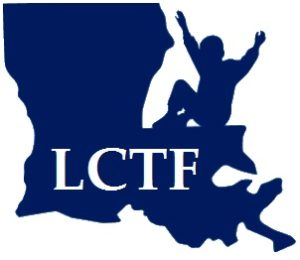
This session will provide an in-depth look at the role of legal advocacy in child protection, presented by an experienced attorney. Participants will gain valuable insights into how the legal system can be leveraged to protect children from abuse and neglect. The session will cover the legal rights of children, the responsibilities of child welfare agencies, and how attorneys advocate for the best interests of children in court. Attendees will also explore the legal challenges and opportunities in child protection cases, including the importance of collaboration between legal professionals, social workers, and other advocates. This session aims to equip participants with knowledge of the legal tools and processes available to safeguard vulnerable children.
This two-part training session offers participants an opportunity to examine the issue of implicit bias to recognize individual implicit biases and their impact on professional practice in child welfare. Discussion will occur on the issue of privilege and its impact on professional and personal relationships with people of color.
The session will invite courageous dialogue on the highly sensitive issues related to racial disparity and disproportionality of children in the child welfare system. Through the topics of white privilege and implicit bias, the trainers will help participants contextualize how these are some of the root causes of these disparities. This discussion will encourage participants to recognize and develop a deeper understanding of their role as professionals to work as effectively as possible with families and children of color.

Civil legal services can be a powerful tool in preventing family separation and children from entering foster care. Since 2023, the Louisiana Bar Foundation (LBF) has funded the My Community Cares (MCC) Civil Legal Network in five locations to accomplish this very goal. The types of cases handled by the MCC civil legal attorneys include domestic violence, family law, public benefits, housing, and consumer health and protection.
MCC is a community-driven, neighborhood-based approach to reducing the number of children who experience abuse or neglect, keeping children and parents together, and connecting families to available resources and support. The aim is to ensure that every neighborhood in Louisiana has access to the services and supports they need to be healthy and safe. Beginning as a pilot in four parishes in 2019 as part of the Child and Family Services Review Program Improvement Plan, MCC now exists in every Department of Children and Family Services (DCFS) region in Louisiana. The Louisiana Public Health Institute (LPHI) provides state oversight for MCC and partners with the DCFS who funds the program.
Our speakers will provide information about MCC generally, the MCC civil legal network, and how civil legal aid can stabilize families and help keep them together.
Speakers:
- Emily Aucoin, Staff Attorney, Loyola University New Orleans College of Law
- Claire Edwards, MCC Attorney, The Extra Mile
Objectives:
- Learn about the My Community Cares civil legal attorney network
- Understand how the provision of civil legal services can help keep families together and prevent children from entering foster care.
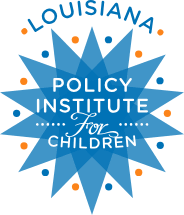
Join SCAN and our partners at the Louisiana Policy Institute for Children during Early Ed Month for a virtual Parent Advocacy Training on February 20th at 6pm CST.
This training will empower parents to become effective advocates for high-quality early education programs in their communities. Participants will learn about the importance of early learning, strategies to influence local, state, and federal policies, and how to collaborate with educators and policymakers.
Hear from two of SCAN’s Volunteer Leaders, Dafnee Chatman and Tia Fields, on their journey, organizing and creating impactful change to ensure every child has access to a strong educational foundation.

What is race? What is racism? How do these concepts influence people’s perceptions of themselves and others? How has racism impacted the implementation of policies and procedures across our socio-economic systems?
This three-part training session explores these and other questions to understand the ways racism impacts socio-economic systems. Participants will learn about the origins of racism and engage in discussions about its four levels: internalized (within individuals), interpersonal (between individuals), institutional (within institutions), and structural (across institutions and society). They will review examples of each and evaluate how the practices of specific institutions – child welfare, education and criminal justice, to name a few – perpetuate disparate outcomes for impacted populations. Participants will also go on a historical journey from slavery and segregation to the violence, mass incarceration and voter suppression, to understand how internalized, interpersonal and institutional racism combine to create power structures that advantage some, while disadvantaging all others.
Through this historical perspective, participants will be challenged to evaluate the racist policies and practices that persist in their fields of work, and to start discussions about dismantling systems of oppression so that equity, inclusion and justice can prevail.
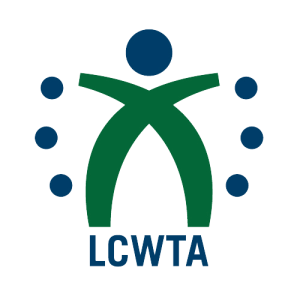
Parenting is challenging, particularly when you are parenting a child from a hard place. TBRI ® Empowering Principles will provide an in-depth look at ways to empower your children by meeting their unique physical needs and creating an environment in which they can succeed. This session includes information on sensory processing and practical tools and skills to help children regulate their emotions and behaviors. This multi-disciplinary training is designed to give caregivers, volunteers, and professionals who serve children and families the knowledge and practical skills they need to bring hope and healing.




